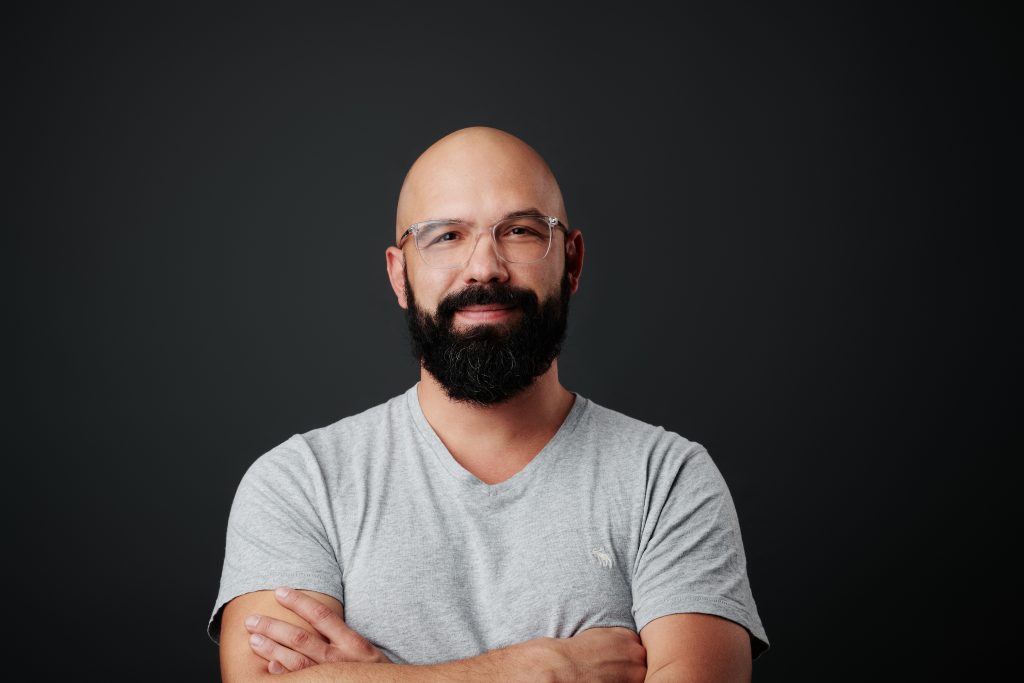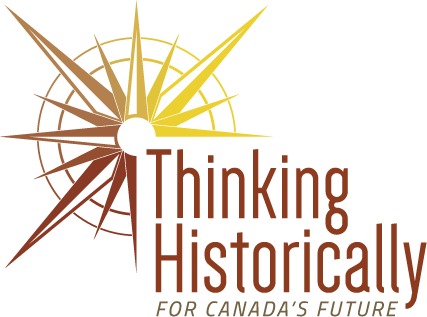Visiting Scholar: Dr. Georg Marschnig, University of Graz
Please join us as we welcome Dr. Georg Marschnig, University of Graz, for three stimulating presentations based on his research on history education in the Austrian context. More information and Zoom registration links are provided below. Pre-registration is required.

Georg Marschnig, PhD, is Senior Scientist for the Didactics of History at the University of Graz. A secondary school teacher from 2009 to 2018, he collected profound experiences in History Education concerning diverse methodical and didactical approaches. Since 2017, he’s the author of several History textbooks named Denkmal. In 2018 and 2020, he held a scholarship of the Habilitation Forum for Subject Didactics and Teaching Research at the University of Graz and works on the entanglements of historical learning, multiperspectivity and language skills. He has published in several issues of History Didactics and Memory Studies, such as the articles ’Students like it- it’s still their Genre. A qualitative Approach to Teachers’ Views on Holocaust Education with Comics, in: Ole Frahm, Hans-Joachim Hahn, Markus Streb (Ed.): BEYOND MAUS. The Legacy of Holocaust Comics (Vienna, 2021), “Language matters: The Hidden Curriculum of Historical Thinking as a Challenge in Teacher Training” in the International Journal of Research on History Didactics, History Education, and History Culture. 40. (Schwalbach, 2019), and the monograph Gottschee revisited. Geschichtsnarrative und Identitätsmanagement im Cyberspace (Berlin, 2019).
June 27: 12:00 pm Mountain/2:00 pm Eastern: “Sometimes, it is enough to look back to see the future clearly.” Dealing with Memory Cultures to Learn About the Past … and the Future
ABSTRACT: It makes sense in many respects to deal with cultures of remembrance in History lessons. Students do not only learn a lot about the past, but much more about the present. They realize that the answers and perspectives on the past always depend on what questions are asked of them, and that these questions link the past with their present. In this talk, a recent school project will be used to show the many opportunities for historical learning that arise when dealing with the changes in cultures of remembrance. In this way, the question of why history education is still so relevant should be pursued, both theory-based and experience-driven.
July 4: 12:00 pm Mountain/2:00 pm Eastern: History Education in Austria. Trends, Traditions and Transformations in School-based History Teaching
ABSTRACT: This talk will provide an overview of the recent changes in History education in Austria, which changed historical learning in school profoundly. After a series of curricular reforms, the subject is very different from its traditional, somewhat dusty role in the canon of subjects. The talk focusses on the main developments, which are illustrated with textbook examples and presents the difficulties for History educators that were raised by the reforms.
July 6: 12:00 pm Mountain/ 2:00 pm Eastern: “Some of the refugees eventually found new homes…” Narratives of German minorities in Canada, the US and Europe
ABSTRACT: Their diaspora after escaping the second Yugoslavia, lead the Gottscheers – “Volksdeutsche”, seen there as collaborators of the Nazi occupation – to cities as diverse as Kitchener, Sydney or Villach in Austria. In their “new homelands”, they set up minority communities that tried to preserve a memory of the “old homeland” in constructing a myth that basically denies responsibilities concerning their involvement in National Socialism. The Internet, however, made it possible to attack dominant discourses since the early 1990s and to add statements never told before. This talk will focus the “democratic power” of the Internet by showing its impact on the memory culture of the Gottscheers.
